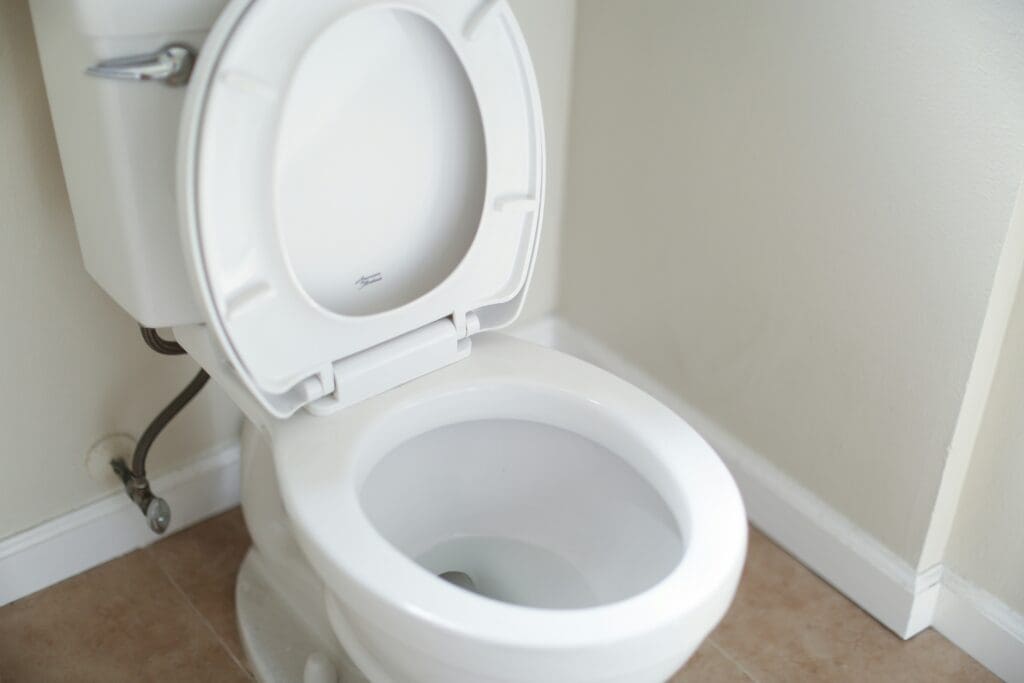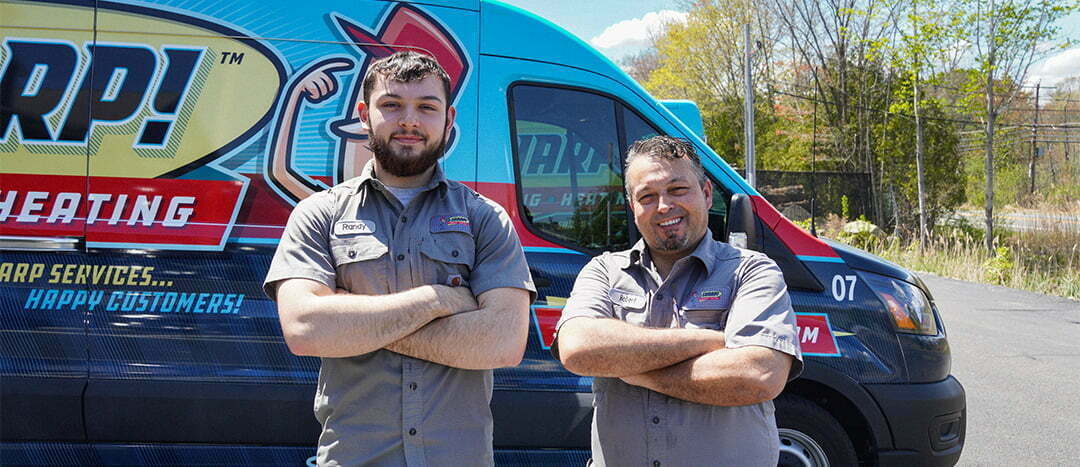A sewer backup is one of the most unpleasant plumbing issues a homeowner can face. It can cause significant damage, foul odors, and health hazards. Understanding what leads to sewer backups can help you take preventive measures to protect your home. At Sharp Plumbing and Heating, we’re here to help you keep your plumbing system in top shape.
Common Causes of Sewer Backups
1. Clogged Pipes
One of the most frequent reasons for sewer backups is a clogged drain or pipe. Flushing non-biodegradable items like wipes, grease, or excessive toilet paper can block pipes, preventing wastewater from flowing properly.
2. Tree Root Infiltration
Tree roots naturally seek moisture, and if there are small cracks in your sewer line, they can force their way in. Over time, these roots can grow and obstruct the pipe, leading to backups and potential pipe damage.
3. Aging or Damaged Sewer Lines
Older sewer pipes made of clay or cast iron are more prone to corrosion, cracks, and collapse. A damaged or deteriorating sewer line can cause wastewater to back up into your home.
4. Heavy Rainfall and Flooding
Excessive rainfall can overwhelm municipal sewer systems, causing water to flow back into residential sewer lines. Homes with combined sewer and stormwater drainage systems are particularly vulnerable.
5. Sewer Line Bellies
Over time, shifting soil or improper installation can create low spots, or “bellies,” in sewer lines. These dips can trap waste and lead to blockages that cause backups.
How to Prevent Sewer Backups
1. Be Mindful of What You Flush
Avoid flushing anything other than toilet paper and human waste. Dispose of grease, food scraps, and non-biodegradable materials properly to prevent clogs.
2. Schedule Regular Sewer Line Inspections
A professional inspection using a sewer camera can detect potential issues before they turn into major problems. Regular maintenance can help catch early signs of tree root intrusion or pipe damage.
3. Install a Backwater Valve
A backwater valve prevents sewage from flowing back into your home during heavy rain or municipal sewer overflows. Installing one can provide an extra layer of protection against backups.
4. Keep Trees and Shrubs Away from Sewer Lines
If you have large trees near your sewer line, consider removing or relocating them to prevent root infiltration. Root barriers can also help minimize the risk of intrusion.
5. Replace Aging Sewer Pipes
If your home has an old sewer line, consider upgrading to durable PVC pipes. Newer materials are more resistant to corrosion, cracks, and tree root intrusion.
Call Sharp Plumbing and Heating for Sewer Backup Solutions
If you’re experiencing frequent sewer backups or want to prevent future issues, our team at Sharp Plumbing and Heating is here to help. We offer expert sewer line inspections, repairs, and preventive solutions to keep your home’s plumbing system running smoothly.
Contact us today to schedule a service and protect your home from sewer backups!


